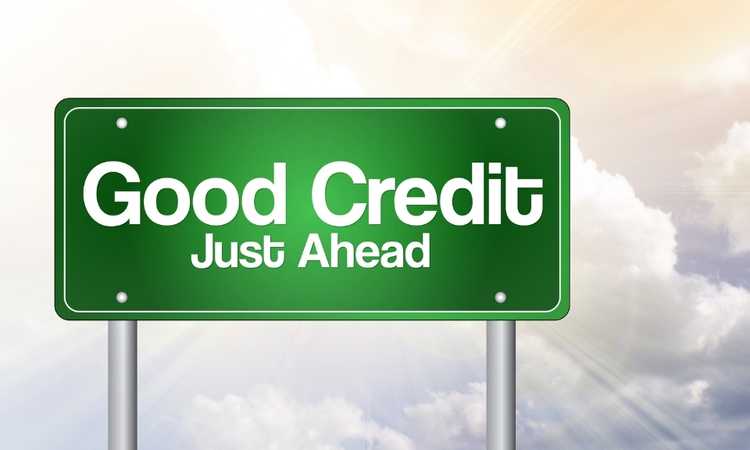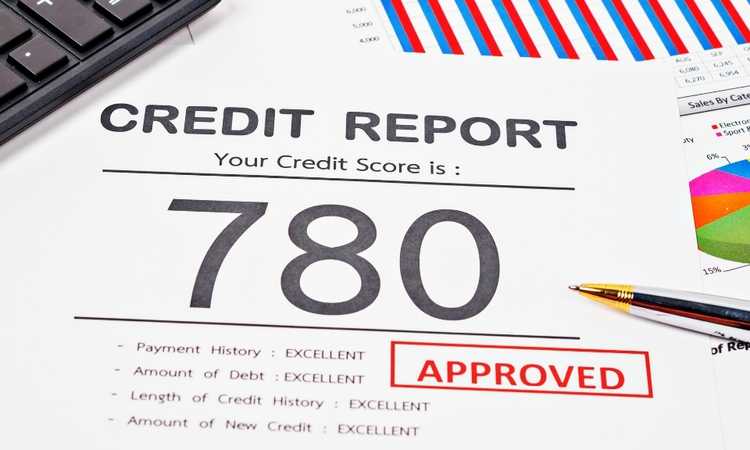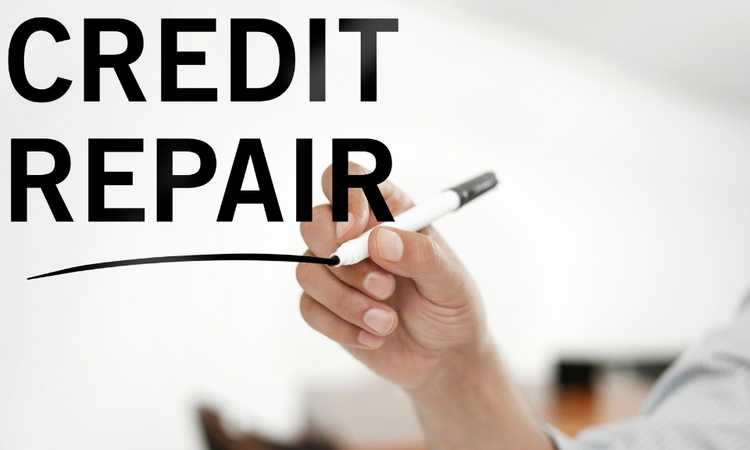Credit repair can be a daunting task, but it doesn’t have to be. Here’s everything you need to know about credit repair, from the basics to the more advanced. With this guide, you’ll be on your way to repairing your credit in no time.
What is Credit Repair?
Credit repair is the process of fixing bad credit. However, most people refer to credit repair as the process of disputing or challenging errors in credit reports.
Each credit bureau can be contacted for free to resolve disputes. You can file a formal dispute online or by post with the credit bureau in question.
You should provide a detailed explanation and any supporting documentation in your formal dispute. Learn more about disputing credit reports.
Many people don’t have the time or knowledge to repair their credit. They look into hiring a credit repair firm to help them dispute and challenge their errors. They may charge a fee to do the legwork. We’ll explain how it works below. Sometimes, extra assistance is worth it. If you have credit errors or are the victim of identity theft, this could be an example.
This article will discuss both DIY and paid credit repair.

Is Credit Repair Legal?
Credit repair is allowed under federal law. Title VI of the Consumer Credit Protection Act’s Fair Credit Reporting Act protects consumers against accidental, negligent, and deliberate inclusions of incorrect, unfair, or unsubstantiated credit information provided by creditors to credit agencies. This protects your credit from potential damage that could be caused by circumstances beyond your control, such as identity theft, outdated data, malicious creditors, and typos. You have the legal right to dispute any incorrect, unverified or other questionable information in your credit report. Credit repair services or you can do it yourself.
What is Credit Repair?
Credit repair is the process of contacting creditors and credit bureaus to correct inaccurate, unsubstantiated or unfair information. You may be able to make minor corrections yourself in some cases. You will need to contact all three credit bureaus if there is an error on your credit reports. Some disputes may also require you to contact creditors.
Understanding how credit repair works will make it easier to understand why you might choose to work with a credit recovery service.
You should know that credit repair is a legal right. Credit reports must meet three standards. They must be accurate and fair. Too many credit repair companies that are less reputable neglect to meet the last two standards (accurate and fair), which involve communicating with creditors.
Credit repair companies offer a variety of tools and educational methods that can be customized to help you achieve your credit goals.
Here’s an example of how a credit repair company can help you accomplish something that you might not be able. It’s possible for a collection account to appear on your credit reports multiple times if it has been sold to several debt collectors. This information is correct, but it doesn’t conform to the “fair” standard credit reports must meet.
You might not realize how common errors are. Credit repair is always an option if your credit report contains errors that are not 100% correct, fair and fully supported.
According to the CFPB (Federal Trade Commission) study, 1 in 5 consumers has an error on at minimum one credit report. You can check your credit reports for errors by getting free copies every 12 months at annualcreditreport.com.

How is Credit Score Calculated
FICO(r), a credit scoring system, assigns consumers and businesses a number that allows financial providers to assess how likely they are to repay their debts and how much additional debt they can handle. Credit scores are calculated based on factors such as the ability to repay existing debt on time and your history of repaying it on time. The following are the main factors that go into calculating consumer credit scores:
- History of payments: How frequently do you pay your bills on time? Do you have any payment collection, bankruptcy, or foreclosures history?
- Credit utilization: What is your account balance relative to your credit limit?
- Credit age: How old are your credit cards?
- Credit mix: Does your experience with managing debt payments for various credit products such as student loans, auto loans and credit cards?
- Credit inquiries: How often have you requested credit in the past?
Your credit score is influenced by your payment history and credit usage. FICO is the most popular credit scoring system. Payment history accounts for 35% of your credit score. Credit utilization, however, counts for 30%. Credit age is 15% and credit mix and credit inquires are 10%.
Your credit report will also include information about your financial history. This could include a list of all your revolving or installment accounts, recent hard- and soft-credit inquiries, as well as information about collection actions and bankruptcy history. These items, along with your credit score help financial providers get a better picture of your credit history.
Read This: What Is A Fico Score and How Is It Calculated?
What Can Hurt Your Credit Score?
If not managed well, the factors that determine your credit score could cause you to lose your score. Here are some of the key factors that can reduce your credit score:
- Late payments FICO’s scoring system puts a lot of weight on payment history. This can lead to a significant impact on your credit score. Your score can be affected by even a single late payment that is more than 30 days past due. You may be subject to more serious late payment problems, such as collections actions, bankruptcies and foreclosures. This can lead to a significant drop in your score. Prioritize avoiding late payments.
- High credit utilization: If you have a large credit card balance, financial providers may be concerned that you aren’t having enough cash to pay your monthly debts. High credit utilization is defined as credit utilization exceeding 30% of your total balance. Ideal is a rate of 10% or lower.
- Credit history: New accounts tend to be viewed as unproven by financial providers. Credit history can be improved by keeping accounts open for seven years or longer.
- One type of credit only: If you have only dealt with one type or type of debt (e.g. student loans or credit cards), lenders might not be confident that you can handle other types of debt like mortgages. It is possible to improve your credit score using a mixture of different credit types and paying on time.
- Too many applications: It may look like you are desperate for cash if you apply for multiple loans or credit cards in a short time. This could raise suspicions about your risk and make it appear that you are more at-risk. This will be a consideration before you apply for credit.
These are the most damaging factors to your credit score. These issues can be avoided by following the guidelines. Credit repair will not be necessary.
Read This: What Are Your Credit Repair Options?

What is the Average Cost of Credit Repair?
Credit repair companies usually charge a monthly fee to fix your credit. You may also need to pay a setup fee. The monthly fees may vary from one month to the next.
Tiered packages may be offered by credit repair companies that charge additional fees. Some packages might include identity theft alerts or credit score monitoring.
Why is credit repair necessary?
Because of the many negative consequences bad credit can have on your finances, and your quality-of-life, credit repair is essential. These are some possible side effects of poor credit.
- Higher insurance premiums may be charged for renters insurance, auto, and home insurance.
- Your chances of being hired may be reduced if you apply for a job that requires money handling.
- It is sometimes more difficult to rent an apartment with poor credit.
- Utility companies might conduct background checks on you and ask for higher deposits.
- Bad credit may prevent you from being eligible for credit cards that offer better rewards programs.
- It may be necessary to put off building wealth and saving money until your credit is repaired.
- It may be more difficult to obtain a loan to purchase a car or a home.
- Reputable, larger lenders might be less likely to approve you for a loan. This could make it difficult to find a lender that is more suitable.
- It may be difficult to qualify for a credit card
- You may be required to pay higher interest rates if you are approved for a loan or credit card.
Bad credit has many negative side effects and little upside. It is in your best interest to repair credit if you have poor credit.
Read This: 9 Simple Strategies To Boost Your Credit Score
Get your Free Credit Score
To begin credit repair, you need to know what credit score you have and what is affecting it. The FCRA gives you the legal right to a free credit report from all major credit bureaus every 12 months. With any lucky, you’ll be able to repair your credit in no time – maybe even 30 days or less!

Erika Finn, founder of Credit Help, is an attorney who graduated from law school (JD) at University of California, Berkeley and is a member of the California Bar Association. She was a member and editor of the California Law Review and won the Prosser Prize for Legal Accounting. She holds a Master’s Degree (MFA) from the University of Southern California (USC) and a Bachelor’s degree (BA) from Indiana University- Bloomington with highest distinction.
Credit Help believes that everyone should have access to helpful, free information about how to raise their credit rating.
Articles on Credit Help are not legal advice or financial advice.